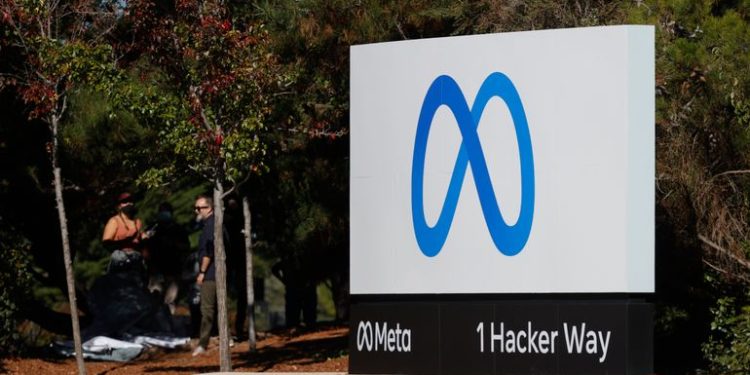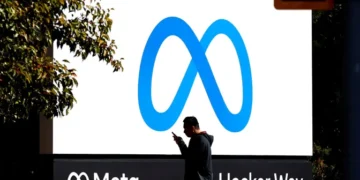- Meta is rolling out a new machine-learning solution for reducing algorithmic bias in its advertising, according to a blog post.
- The Variance Reduction System (VRS) was developed over the past year with the Department of Justice (DOJ) as part of a settlement agreement over alleged discriminatory practices in the way Meta’s housing ads were served.
- A third party selected by Meta and the DOJ, Guidehouse, will review the VRS to ensure compliance, with the courts having the ultimate authority to resolve any disputes that arise. The DOJ called the resolution “groundbreaking” and said it hoped other platforms would follow the social media firm’s lead in tackling algorithmic bias.
VRS is the outcome of a lawsuit that saw Meta, formerly known as Facebook, come under fire for its housing ads. According to the case, the company applied algorithms that could serve ads based on characteristics federally protected under the Fair Housing Act (FHA), including sex and race and ethnicity, resulting in discrimination.
The social networking giant in June settled with the DOJ, with VRS one of the more substantial ways it’s trying to remediate the situation and ensure its advertising is equitable. As part of the agreement, Meta is also sunsetting a Special Ad Audience tool that targeted ads at lookalike audiences and is removing targeting options for housing advertisers that describe or relate to FHA-protected characteristics.
The news shows Meta’s advertising coming under direct court oversight for the first time, and VRS will require ongoing compliance review from a third party. It’s another sign that years of controversy surrounding data and ad-targeting practices are starting to catch up with the Facebook and Instagram owner. Meta was also recently fined roughly $275 million by Irish authorities over its approach to ads personalization.
The DOJ is positioning the new resolution as not just a power check on Meta, specifically, but also a wake-up call for other platforms that rely on algorithms to deliver digital advertising at scale.
“This development marks a pivotal step in the Justice Department’s efforts to hold Meta accountable for unlawful algorithmic bias and discriminatory ad delivery on its platforms,” said Kristen Clarke, assistant attorney general of the DOJ’s Civil Rights Division, in a press statement. “Federal monitoring of Meta should send a strong signal to other tech companies that they too will be held accountable for failing to address algorithmic discrimination that runs afoul of our civil rights laws.”
VRS, which is rolling out now in the U.S., carries implications beyond the housing category as well. Meta plans to implement the system for other areas of its sprawling ads business that are affected by federal discrimination laws, including employment and credit ads, later this year.
Read the full article here














